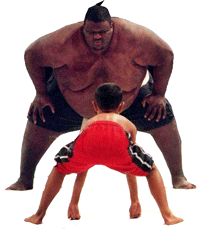|
Income inequality the world over has increased and is now at a 30-year high, according to a new report published by the Organisation for Economic Development and Cooperation (OECD).  This has been the result of deliberate action, including cuts in social spending and reduction in taxes on the wealthy, according to the report. This has been the result of deliberate action, including cuts in social spending and reduction in taxes on the wealthy, according to the report.
Social security programmes and taxation policies play a major role in income distribution and over the years successive governments in almost all countries have tampered with the system of redistribution of wealth in bid to please vocal sections of the population. This has resulted in rendering the system less effective at redistributing income since the mid-1990s, the report says. Benefit levels fell in nearly all OECD countries, eligibility rules were tightened to contain spending on social protection, and transfers to the poorest failed to keep pace with earnings growth. This has made the benefit system less effective in reducing inequalities over the past 15 years. The reduction in top-level tax rates was another factor that affected the redistribution efforts. ''There is nothing inevitable about high and growing inequalities,'' said OECD Secretary-General Angel Gurria. Of the 34 nations in the OECD, the US has the fourth highest level of inequality, after Chile, Mexico and Turkey. The wealthiest Americans have collected the bulk of the past three decades' income gains. The share of national income of the richest 1 per cent more than doubled between 1980 and 2008 from 8 per cent to 18 per cent. The richest 1 per cent now makes an average of $1.3 million in after-tax income (compared to $17,700 for the poorest 20 per cent). During the same time, the top marginal income tax rate dropped from 70 per cent in 1981 to 35 per cent in 2010. The rising incomes of executives and finance professionals account for much of the rising share of top income recipients. Moreover, people who achieve such a high income status tend to stay there: only 25 per cent drop out of the richest 1 per cent in the United States, compared to some 40 per cent in Australia and Norway, for instance. The gap between the richest and poorest 10 per cent of full-time workers in the US has increased by almost a third, more than in most other OECD countries.
|